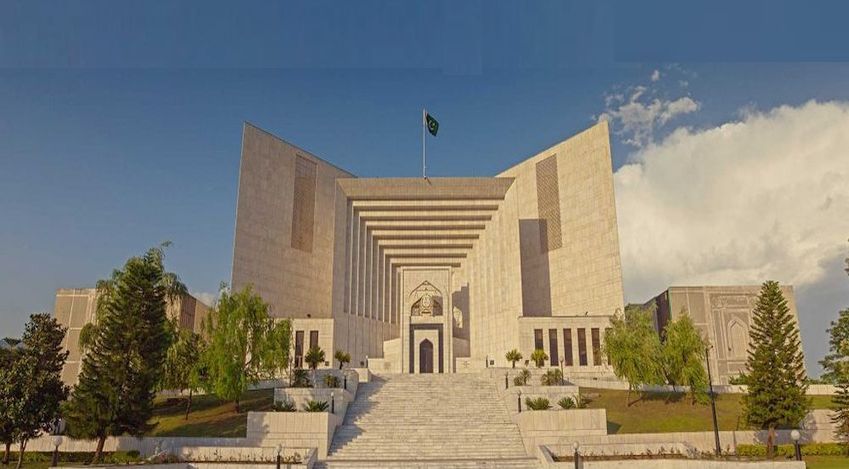The Disputes concerning Parentage or Legitimacy must be resolved through Proper Civil Suits rather than Summary Succession Applications --- Supreme Court of Pakistan
Islamabad 08-10-2024: The Supreme Court of Pakistan has upheld the judgment of the High Court of Balochistan, Sibi Bench, granting a succession certificate and letter of administration to the son and daughter of the deceased thereby dismissing a petition for leave to appeal filed by the deceased’s brother.
The Civil Petition [CPLA No. 259-Q of 2020] was filed by the petitioner against the judgment of the High Court dated 05-10-2020. The petition challenged the issuance of succession certificates in favor of the respondents, Yar Muhammad and Mst. Zahida Parveen, under Sections 372 and 278 of the Succession Act, 1925. The petitioner argued that the respondents were not legitimate heirs and alleged that the High Court erroneously decided the matter through summary proceedings instead of referring it to a Civil Court for detailed inquiry.
The controversy originated when the respondents filed Succession Applications No. 3 and 4 of 2009 before the District Judge, Usta Muhammad, for a succession certificate concerning the estate of their deceased father, Moulvi Abdul Sattar. The District Judge dismissed these applications, prompting the respondents to file an appeal before the High Court of Balochistan, Sibi Bench. The High Court, after considering additional evidence, set aside the decision of the Trial Court and granted the succession certificate.
A three-member bench of the Supreme Court, consisting of Mr. Justice Yahya Afridi, Mr. Justice Shahid Waheed, and Mr. Justice Aqeel Ahmed Abbasi, dismissed the petitioner’s appeal, reaffirming the findings of the High Court. The Court noted that the petitioner failed to provide substantial evidence to challenge the respondents’ claim of being the legal heirs of the deceased. It emphasized the principle that only the putative father has the standing to challenge the paternity of a child under Article 128 of the Qanun-e-Shahadat Order, 1984. The petitioner, being the brother of the deceased, did not have the requisite legal character to dispute the legitimacy or parentage of the respondents.
The Court also highlighted that the scope of summary proceedings under Sections 372 and 278 of the Succession Act, 1925, is limited to issuing succession certificates and does not extend to resolving complex disputes about the legitimacy or entitlement of heirs. The judgment referred to the legal precedents set in “Laila Qayyum v. Fawad Qayyum and others” (PLD 2019 SC 449) and “Munir Hussain v. Riffat Shamim” (2023 SCMR 6), which restrict third parties from challenging paternity without a direct legal character.
The Supreme Court’s decision reaffirms the principle that summary proceedings under the Succession Act are not the proper forum for determining contested issues of title and legitimacy. It emphasizes that a civil suit is the appropriate remedy for such disputes, ensuring that detailed evidence and testimonies are considered by the Court with proper jurisdiction. The judgment also serves as a reminder of the limited standing available to third parties in challenging familial relations and entitlements.
This decision further cements the evidentiary value of public documents, as the Court noted that the presumption of correctness is attached to official records under Articles 91 and 49 of the Qanun-e-Shahadat Order, 1984. The respondents were able to establish their claim as legal heirs through unchallenged documentary and oral evidence, leading to the dismissal of the petitioner’s case.
The Supreme Court’s ruling upholds the principle of legal standing and the appropriate use of summary proceedings under the Succession Act. The judgment confirms that disputes concerning parentage or legitimacy must be resolved through proper civil suits rather than summary succession applications. The petitioner's appeal was dismissed as devoid of merit, solidifying the rights of the respondents as legitimate heirs to their father’s estate.
Powered by Froala Editor








